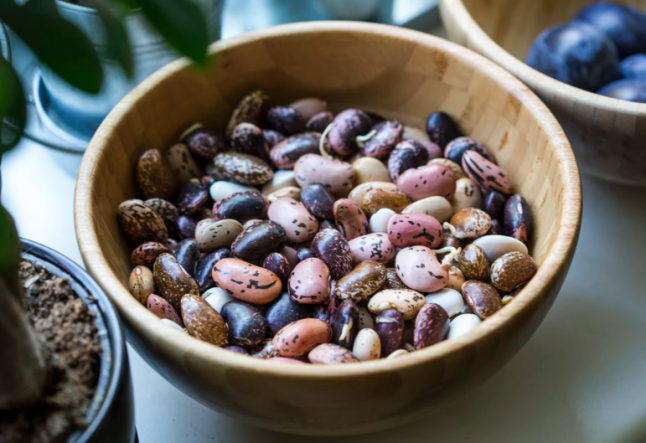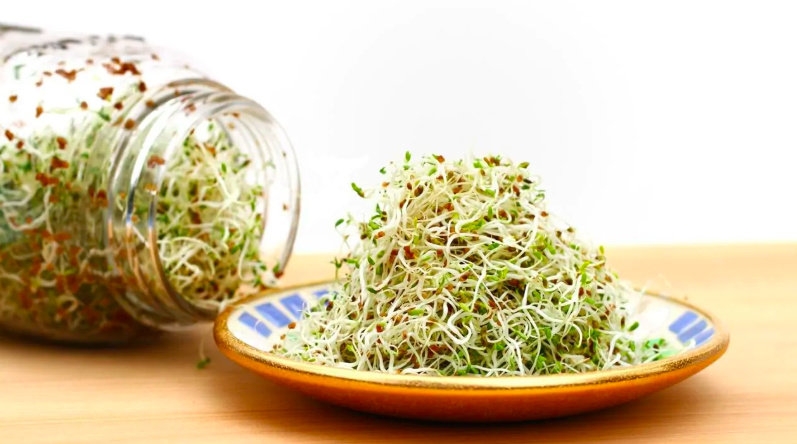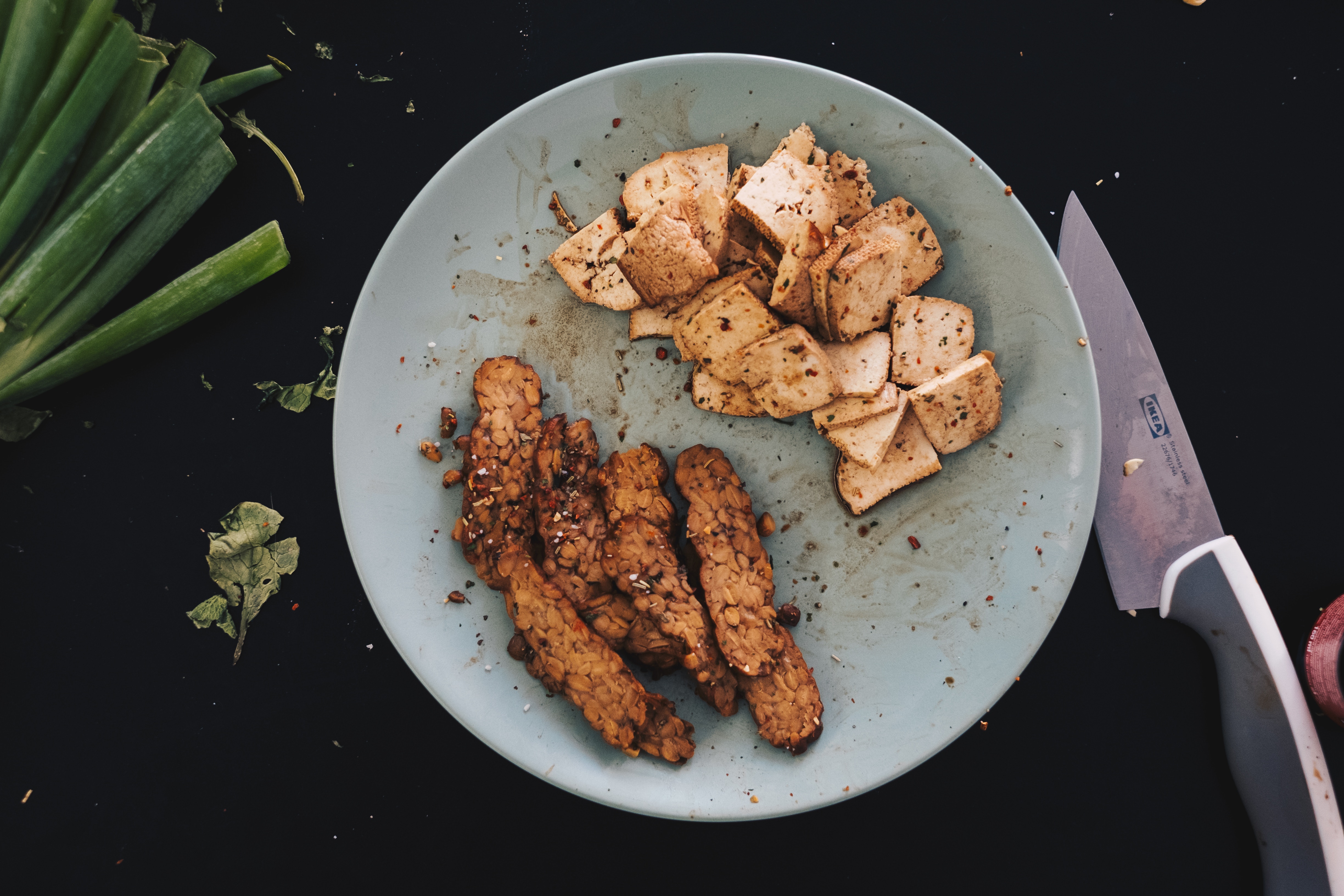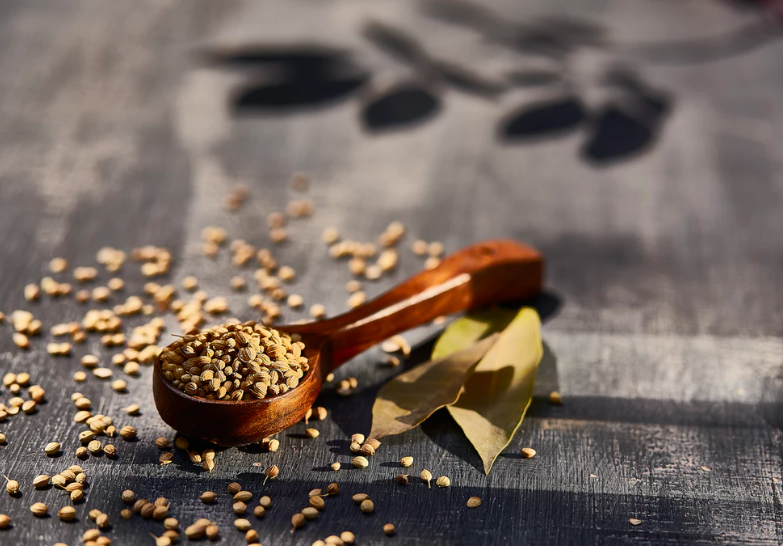seven days of nutrition hacks to shift your wellness: day 4

Today’s goal is to learn about the benefits of zinc and how to incorporate more zinc-rich foods in your diet
What is Zinc?
Zinc is a mineral humans need in small amounts for enhanced immunity, growth, and fertility.

Zinc plays a vital role in hormone production and fertility. Zinc modulates testosterone levels in men and FSH and LH in women, hormones associated with the production and release of eggs.
Why Zinc?
Zinc is essential for maintaining the health of various systems in the body such as the immune and endocrine systems. Zinc is also crucial for blood sugar regulation. Zinc binds to insulin, so it’s adequately stored in the pancreas and released as needed. Zinc also helps the body to use glucose as fuel, instead of storing it as fat.

Despite the fact we only need relatively small quantities of zinc, zinc deficiency is common around the world. Certain groups, such as vegans and vegetarians, are at higher risk since they avoid animal products, which are naturally rich in zinc. Though zinc is available in plant foods, phytates in plant foods bind to zinc and inhibit its absorption, so it’s generally easier for us to absorb zinc from animal foods than plant foods. However, there are ways to improve your zinc absorption from plant-based foods.
How to Incorporate More Zinc in Your Diet
Plant sources rich in zinc:
- Tofu
- Beans
- Bean sprouts
- Oatmeal
- Chickpeas
- Lentils
- Hemp seeds
- Pumpkin seeds
- Pine nuts
- Cashews
- Sunflower seeds
- Mushrooms
- Cacao
Animal sources rich in zinc:
- Oysters (by far the highest source)
- Shellfish
- Sardines
- Lamb
- Chicken
- Turkey
- Eggs
- Salmon
- Kefir
- Yogurt
Just one typical oyster will contain 8-9 mg of zinc whereas oatmeal has 1mg zinc per 100g and you get roughly 2mg of zinc from a 1oz handful of pumpkin seeds. Considering the RDA for zinc for adults is between 7-11 mg, it’s clear that you need to think a little bit more about where you are getting your zinc from as a vegetarian or vegan.

If you follow a vegan or vegetarian diet, you’ll improve your zinc absorption by eating sprouted grains and legumes (e.g. sprouted pieces of bread, sprouted chickpeas, mung beans, etc) and fermented foods such as bread leavened with yeast (true sourdough bread). Also, the zinc in oats is easily absorbed if they are soaked in water or nut milk overnight (e.g. like in Bircher muesli). By soaking, fermenting, sprouting these foods you will decrease the phytates in them and therefore increase your body’s ability to absorb the zinc they contain.
Eat a diet high in sprouted legumes and fermented and soaked seeds, nuts and grains or take a quality zinc supplement to keep your body balanced.
Up next in my 7-day nutritional guide: how detoxing your kitchen can help you reduce your body fat.
Missed the previous days of my 7-day nutrition guide to boost your health and wellness? Read them here!
Day 1: boost your energy levels through mindful eating
Day 2: sharpen your memory and boost your mood by balancing your essential fatty acid intake
Day 3: strengthen your immune system with fermented pro-biotic foods
Read next >> my near death experience changed my life